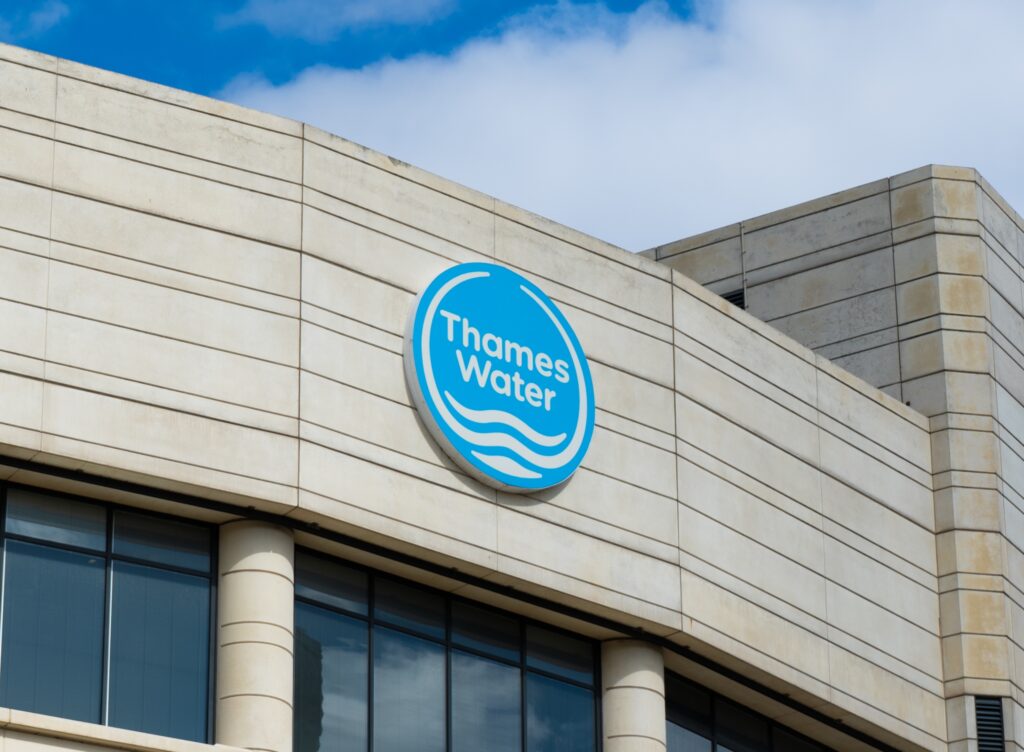Thames Water is pursuing an urgent cash injection to avoid running out of money within weeks.
The company will ask the court on Monday to approve an emergency cash lifeline. Without approval, it risks running out of funds in about four weeks.
£3 Billion in Loans Offered to Delay Collapse
Thames Water’s lenders have proposed up to £3 billion in short-term loans to support the company’s survival. The first loan installment will help operations until autumn, while the second depends on whether the company challenges Ofwat’s 35% bill hike.
If Thames appeals to the Competition and Markets Authority (CMA), the process could take up to a year. The company has until February 18 to file the appeal.
Rothschild investment bank is also working to find new investors willing to inject capital. Meanwhile, some lenders have opposed the emergency loan terms and are proposing alternatives. The court hearing is expected to last four days but may extend if necessary.
Insiders admit that without approval, Thames could face temporary nationalisation under a Special Administration Regime. The government has already consulted firms to prepare for that possibility.
Financial Troubles Rooted in Debt, Mismanagement, and Poor Regulation
Thames Water’s financial troubles surfaced about 18 months ago when it began seeking funding to avoid collapse. Its debt currently stands at around £17 billion. Mismanagement, climate change, shareholder greed, and weak regulation have all contributed to its downfall.
Thames initially requested a 53% bill increase over five years but received approval for only 35%. The company insists higher bills are necessary to invest £20 billion into infrastructure. Thames also faces backlash for poor performance, including sewage leaks and discharges.
Critics argue that previous owners saddled the company with debt while taking large dividends and executive payouts. They believe customer-funded bailouts reward bad behavior and are unfair. Others point to poor regulation that kept bills too low, preventing critical investment in aging infrastructure.
Thames Water’s collapse could cost the government up to £2 billion per year. Ministers and company executives agree that nationalisation is undesirable. However, failure could send a negative signal to international investors, deterring investment in key UK projects like airports, wind farms, and transport.
With just two weeks remaining to appeal to the CMA, the stakes are high. A failed appeal could lead to lower allowable bill increases, worsening the financial crisis.
The departure of the CMA’s chair highlights tensions around balancing regulatory enforcement with promoting growth. For the new chair, Thames Water’s case will serve as an important test.
